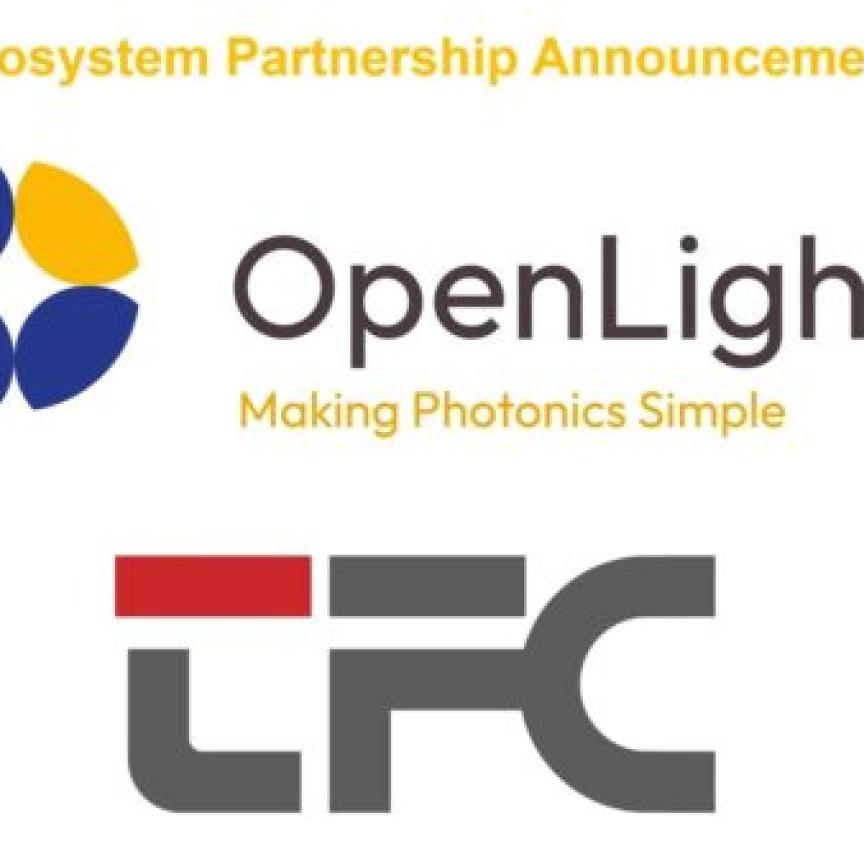University of Toronto researchers have gathered direct experimental evidence that Heisenberg’s original formulation that measurements disturb quantum systems is wrong.
Known as the Heisenberg Uncertainty Principle, this unintuitive concept - a hallmark of quantum mechanics - was first formulated by the physicist Werner Heisenberg at the beginning of the 20th century. The Toronto team set up an apparatus to measure the polarisation of a pair of entangled photons. By comparing thousands of before and after views of the photons, the researchers revealed that their precise measurements disturbed the system much less than predicted by the original Heisenberg formula. What they found convinced them that Heisenberg was wrong.
‘If you interact very weakly with your quantum particle, you won’t disturb it very much,’ explained Lee Rozema, a doctoral candidate in quantum optics research at the University of Toronto, and lead author of the study.
The researchers used techniques from quantum measurement theory to achieve non-disruptive views of the photons before their polarisation was measured. The diminished measurement disturbance had been theorised by Nagoya University physicist Masanao Ozawa in 2003.

